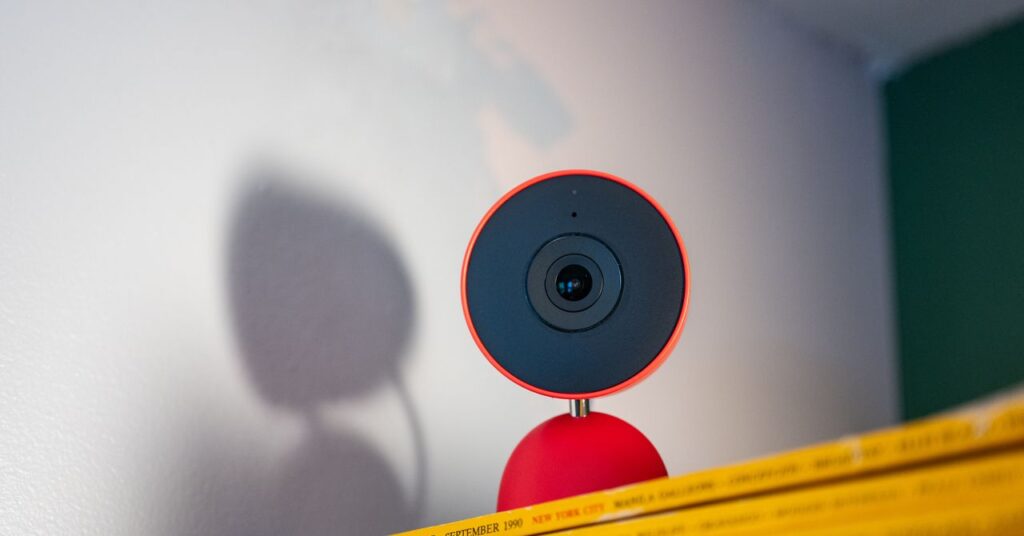Gemini in Google Home Often Confuses My Dog with a Cat

A cat leaped onto my couch. Hold on a second. I don’t even own a cat.
The notification about the jumping feline was sent by my Google Home app while I was out enjoying a party. It turns out it was my dog causing the ruckus. This alert came a day after I activated Google’s Gemini for Home feature in the Google Home app. This feature harnesses the capabilities of large language models within the smart home framework, and one of its standout aspects is the enhanced notifications from my Nest security cameras. Rather than just saying “Person seen,” it can specify that FedEx dropped off two packages.
Over the last two weeks since integrating Gemini with my Google Home, the most enjoyable aspect has been its delivery driver detection. At the end of each day, I can inquire in the Google Home app, “How many packages were delivered today?” and receive a precise answer. It’s reassuring to know that it was FedEx at my door, as verified by my Nest Doorbell, and not some salesperson trying to sell me new windows. Yet, despite its intelligence, Gemini still insists that I have a cat in my home.
Person Seen
ScreenshotGoogle Home via Julian Chokkattu
Google isn’t alone in enhancing its smart-home experience with AI. Amazon recently introduced a feature for its Ring cameras called Search Party, which can utilize neighborhood outdoor Ring cameras to help locate a lost pet. (I can easily envision this being misused.)
In early October, Google revamped the voice assistant on its smart-home devices—many of which have existed for over ten years—by replacing Google Assistant with Gemini. Overall, the assistant is improved. It can comprehend multiple commands in a single spoken sentence, and automating tasks in my home is much simpler without delving into the Routines tab in the Google Home app. When I pose a straightforward question, it typically provides a reliable answer without redirecting me to a Google Search page.
Enhanced camera alerts are indeed more informative at a glance. Previously, I often ignored Person Seen notifications, as they usually indicated people merely passing by my house. Now, the alerts specify “Person walks by,” allowing me to dismiss them with more confidence. Some notifications accurately report “Two people opened the gate,” but occasionally it mistakenly claims, “Person walks up stairs,” when no one has actually done so. (They merely walked on the sidewalk.) It has quite reliably informed me when UPS, FedEx, or USPS arrives at the door, which is helpful when I’m preoccupied or out, ensuring I can check for packages when I return home—no need to sift through alerts.
However, with my indoor security cameras, Gemini repeatedly reports that I have a cat roaming the house. It’s really my dog. Even in my Home Brief—daily summaries from Gemini about activities in my home—it states, “In the early morning, a white cat was detected, walking into the living room and sitting on the couch.” It’s quite amusing, especially considering my dog dislikes cats.
CatDog
ScreenshotGoogle Home via Julian Chokkattu
You’d think that I could simply inform this intelligent assistant, “Hey, I don’t own a cat. I have a dog,” and it would adapt and correct its misunderstanding. Well, I tried just that. Through the Ask Home feature, you can converse with Gemini and ask it anything related to the home. This is also where you can request it to set up automations. I asked it to activate the living room lights when the cameras detected my wife or me returning home, and it grasped the request perfectly. It even inferred that I only wanted the lights to turn on at night, even though I neglected to specify that.

.PNG)
